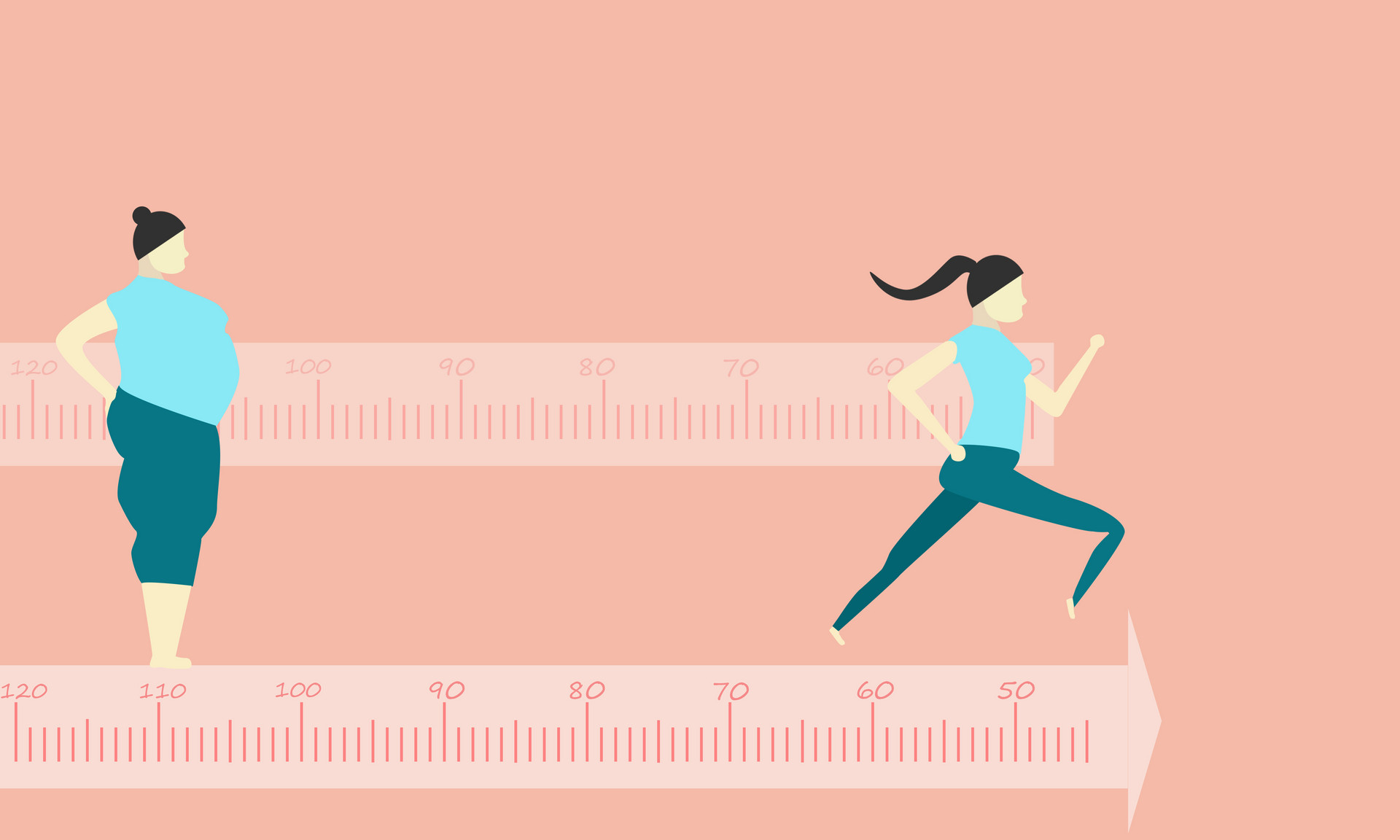- Home /
- Exercise for health /
- Contents
The Remarkable Benefits of Swimming for Overall Health and Well-being
Everyone Is Watching
-
 Swimming Precautions: Stay Safe and Enjoy the Refreshing Moments
Swimming Precautions: Stay Safe and Enjoy the Refreshing MomentsIn the hot summer, swimming becomes a popular way to cool off for many people. Many people go to the swimming pool to enjoy the refreshing moments, especially for female friends, it is the best plac
March 26, 2024 -
 Swimming: The Importance of Limiting Time in the Water
Swimming: The Importance of Limiting Time in the WaterSwimming is a popular leisure activity, especially in the summer. Many people enjoy spending a long time in the pool, thinking that the longer they swim, the better exercise they get and the more
December 22, 2023 -
 Beating the Heat: Effective Weight Loss Strategies for Summer
Beating the Heat: Effective Weight Loss Strategies for SummerOne. Mountain Climbing: Summer mountain climbing has significant weight loss effects. The sun is scorching hot in the city and it's unbearable. Let's go to the suburbs, where the temp
December 17, 2023 -
 Get a Fit Chest and Firm, Feminine Breasts with These Methods
Get a Fit Chest and Firm, Feminine Breasts with These MethodsHow can you have a fit chest and a pair of firm, strong, and feminine breasts? Try the following methods: Swimming regularly Swimming not only benefits the lungs and body shape but
December 11, 2023 -
 Safe Swimming Tips for Expectant Mothers: Ensuring a Healthy Exercise Routine
Safe Swimming Tips for Expectant Mothers: Ensuring a Healthy Exercise RoutineSwimming is one of the suitable exercises for expectant mothers. However, expectant mothers should still take precautions and prioritize safety when swimming.1. Prepare a pair of non-slip slippers. W
December 5, 2023

Hot Picks
-
 1Yoga for the Cervical Spine: Benefits, Risks, and Protection
1Yoga for the Cervical Spine: Benefits, Risks, and ProtectionThere are many benefits to practicing yoga, not only for shaping and losing weight, but also for the health of various parts of the body, including the joints. So, does practicing yoga have benefits
October 31, 2023 -
 2Exercises to Avoid for Children's Growth and Development
2Exercises to Avoid for Children's Growth and DevelopmentSome parents think that their children are too short and try to make them taller through exercise. However, during the period of children's physical development, their muscle strength and bone hardne
October 31, 2023 -
 3The Impact of Cycling on Health: Key Considerations for Non-Professionals
3The Impact of Cycling on Health: Key Considerations for Non-ProfessionalsCycling is indeed a great sport, but non-professionals may not have a thorough understanding of the principles behind cycling, which can lead to the development of certain diseases. So what aspects s
October 30, 2023 -
 4The Effectiveness of Knee Braces: When and How to Use Them
4The Effectiveness of Knee Braces: When and How to Use ThemRunning, stair climbing, and other exercises have many benefits, but the biggest downside is knee injuries. Many people believe that wearing knee braces before exercising can protect their knees. So,
October 16, 2023 -
 5Is it good to exercise in winter
5Is it good to exercise in winterThe winter climate is cold, and it seems that this season should be closed tight, sitting and resting. So the winter outdoor exercise is also significantly less people, so in the end winter exercise i
October 3, 2023

